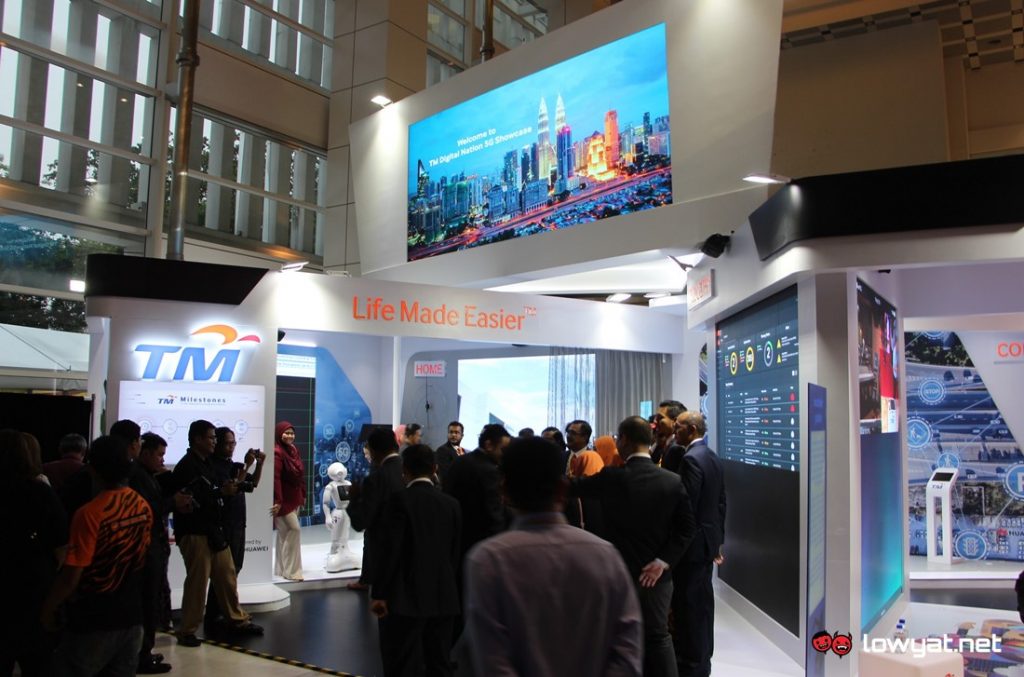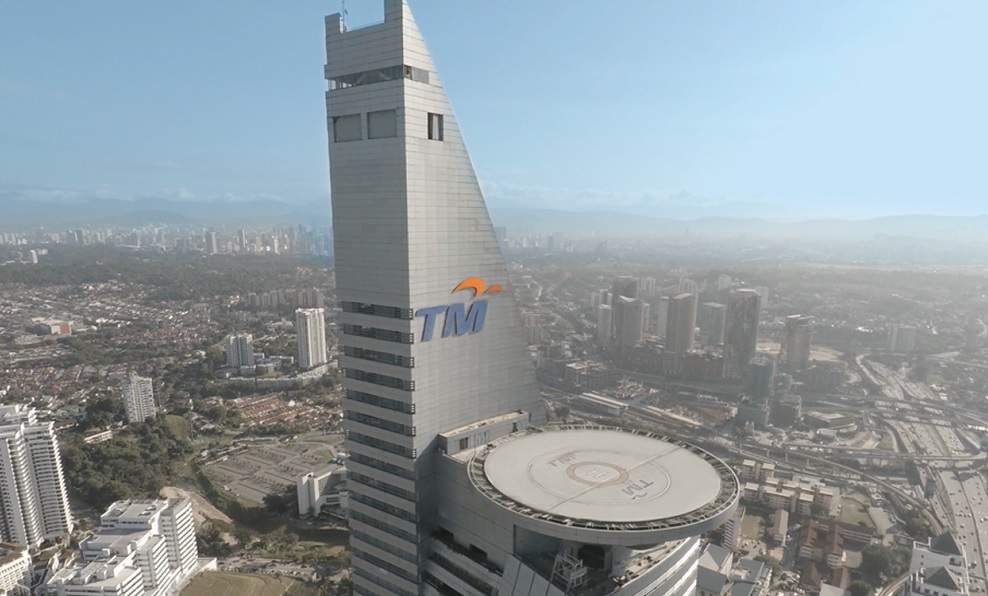In its response to the Malaysian Communications and Multimedia Commission (MCMC) public inquiry on spectrum bands allocation for mobile broadband services [pdf], TM has come forward with a rather bold proposal for the imminent 5G era. For starters, the company suggests that the government should not split the spectrum to several operators.
Instead, TM proposes that the whole spectrum should be allocated solely to the company and simultaneously allow it to become the sole national telecommunications infrastructure provider (NTIP) for 5G. By having just one NTIP, TM believes that the industry would be able to obtain a lower cost of ownership since this move apparently able to help eradicate infrastructure and network duplications.
As infrastructure expansion and maintenance would be done completely by TM, the company said that service providers could now focus more on providing the best deals and services to customers. TM further stated that this would ultimately enable consumers to enjoy lower fees, better quality, and wider coverages as well as plenty of services to utilise.
If the government decide to grant TM’s wishes, the company has pledged that it will provide equal and fair opportunities to all providers that want to utilize the infrastructure, via Open Access Wholesale Service arrangements that would be regulated by the authorities.
In the proposal, TM has also provided a variety of reasons why it should be chosen as the sole NTIP. For example, TM claimed that its fibre network currently covered more than 540,000 km and the company also has 4,000 radio access sites although it is not able to fully utilize the wireless network due to spectrum and bandwidth constraints.
Additionally, TM also claimed that it has made large investments into its infrastructures with capital expenditure that is said to be as much as three major mobile operators combined. It also didn’t forget to point out that very few companies in Malaysia are willing to make the huge investments needed for fixed network even though the country has more than 300 Network Facility Provider and Network Service Provider license holders.

Even those who decided to chip in, TM said that these companies apparently tend to focus on urban areas, while at the same time claiming that TM is not choosy as it has deployed broadband network to both rural areas as well as secondary cities. The company has also pointed out that it has a good track record in deploying, maintaining, and operating national-level mission-critical services for the government, broadcasting network, law enforcement agencies, and emergency services.
There are still plenty of other details in the 33-pages document which is quite enlightening to read as a general consumer but all in all, the idea is quite simple: TM would construct, operate, and maintain the 5G infrastructure for everyone else to utilize. In many ways, this idea sounds rather similar to the company’s High Speed Broadband (HSBB) project in 2008 as well as its successors, the HSBB2 and Sub-Urban Broadband Project (SUBB).
It goes without saying that it will be interesting to see how everyone is going to react to this bold proposal from TM. We are definitely going to keep a close look at those feedbacks as they come.
Follow us on Instagram, Facebook, Twitter or Telegram for more updates and breaking news.




